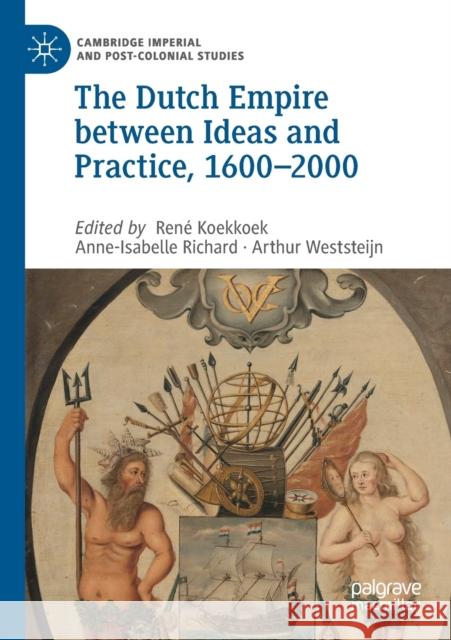The Dutch Empire Between Ideas and Practice, 1600-2000 » książka
topmenu
The Dutch Empire Between Ideas and Practice, 1600-2000
ISBN-13: 9783030275181 / Angielski / Miękka / 2020 / 239 str.
The Dutch Empire Between Ideas and Practice, 1600-2000
ISBN-13: 9783030275181 / Angielski / Miękka / 2020 / 239 str.
cena 261,02
(netto: 248,59 VAT: 5%)
Najniższa cena z 30 dni: 250,57
(netto: 248,59 VAT: 5%)
Najniższa cena z 30 dni: 250,57
Termin realizacji zamówienia:
ok. 22 dni roboczych.
ok. 22 dni roboczych.
Darmowa dostawa!
Kategorie BISAC:
Wydawca:
Palgrave MacMillan
Seria wydawnicza:
Język:
Angielski
ISBN-13:
9783030275181
Rok wydania:
2020
Wydanie:
2019
Numer serii:
000304516
Ilość stron:
239
Waga:
0.31 kg
Wymiary:
21.01 x 14.81 x 1.37
Oprawa:
Miękka
Wolumenów:
01
Dodatkowe informacje:
Wydanie ilustrowane











